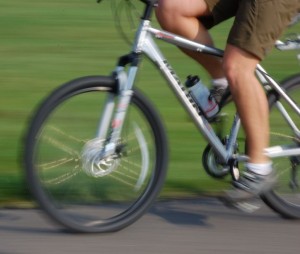With only 26 letters in the English alphabet, why are there days when we just can’t get the words out?
The work of a writer requires true dedication to the art and craft of what we do. That sense of commitment is what sustains us when we are battling deadlines or slogging through long manuscripts. We’re in this for the long haul and it can get tiresome.
 In a study published in the journal Psychotherapy and Psychosomatics in 2008, University of Georgia researchers found that inactive folks who normally complained of fatigue could increase energy by 20% while decreasing fatigue by as much as 65% by simply participating in regular, low-intensity exercise.
In a study published in the journal Psychotherapy and Psychosomatics in 2008, University of Georgia researchers found that inactive folks who normally complained of fatigue could increase energy by 20% while decreasing fatigue by as much as 65% by simply participating in regular, low-intensity exercise.
Thayer says that many Americans, particularly “achievement-oriented Type A people” have “tense energy” — an effective state that allows you to get lots of work done, but that can quickly move into tense-tiredness, a negative state often associated with depression.
On the other hand, what he calls “calm energy” is a combination of a high physical and mental energy level, paired with low physical tension. It is this state, he says, that offers more long-lasting energy. And, he says, it can be achieved with the right kind of exercise.
“What summarizes the relationship best is moderate exercise — like a 10- or 15-minute walk — has the primary effect of increased energy, while very intense exercise — like working out at the gym, 45 minutes of treadmill — has the primary effect of at least temporarily reducing energy, because you come away tired,” he says.
BIO: Helen Gallagher blogs at Freelance-Zone.com to share her thoughts on small business and technology. She writes and speaks on publishing. Her blogs and books are accessible through www.releaseyourwriting.com. Helen is a member of ASJA, Small Publishers Artists & Writers Network, and several great Chicago-area writing groups.
